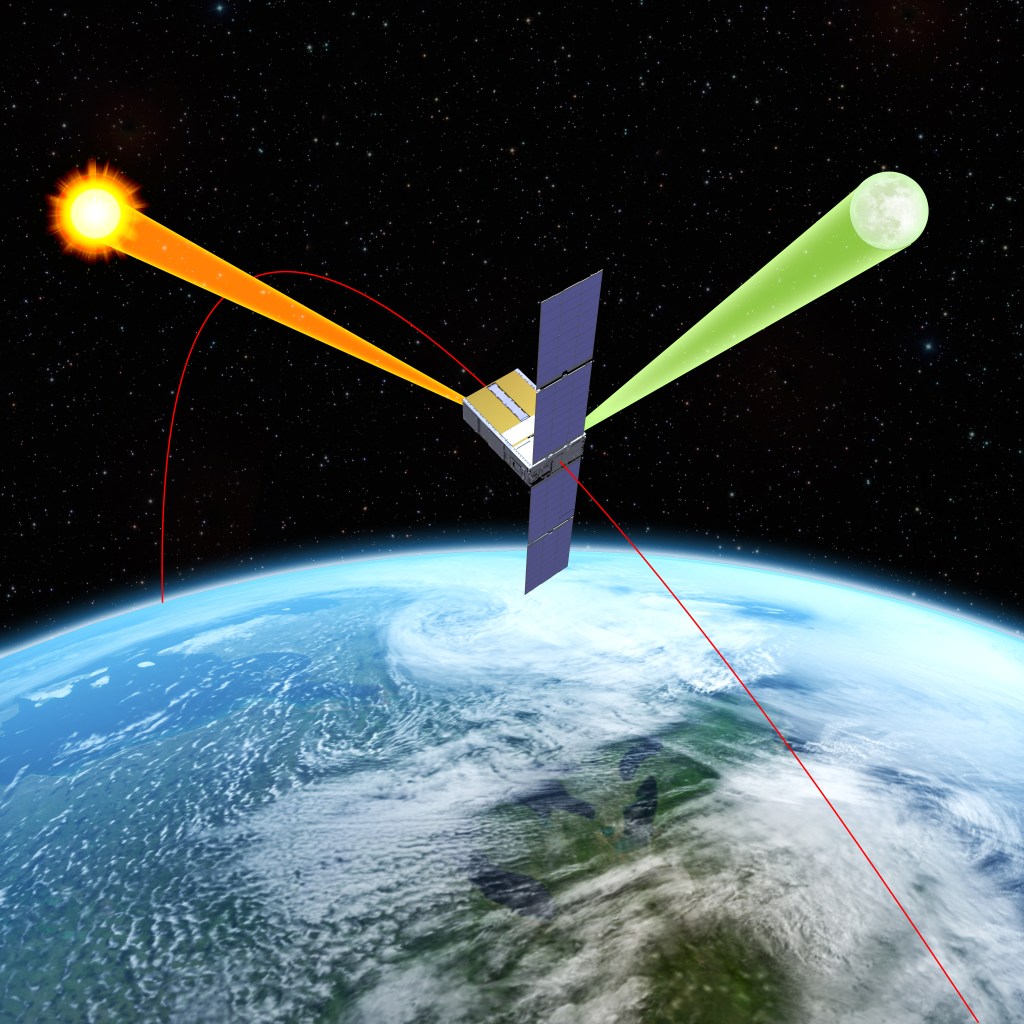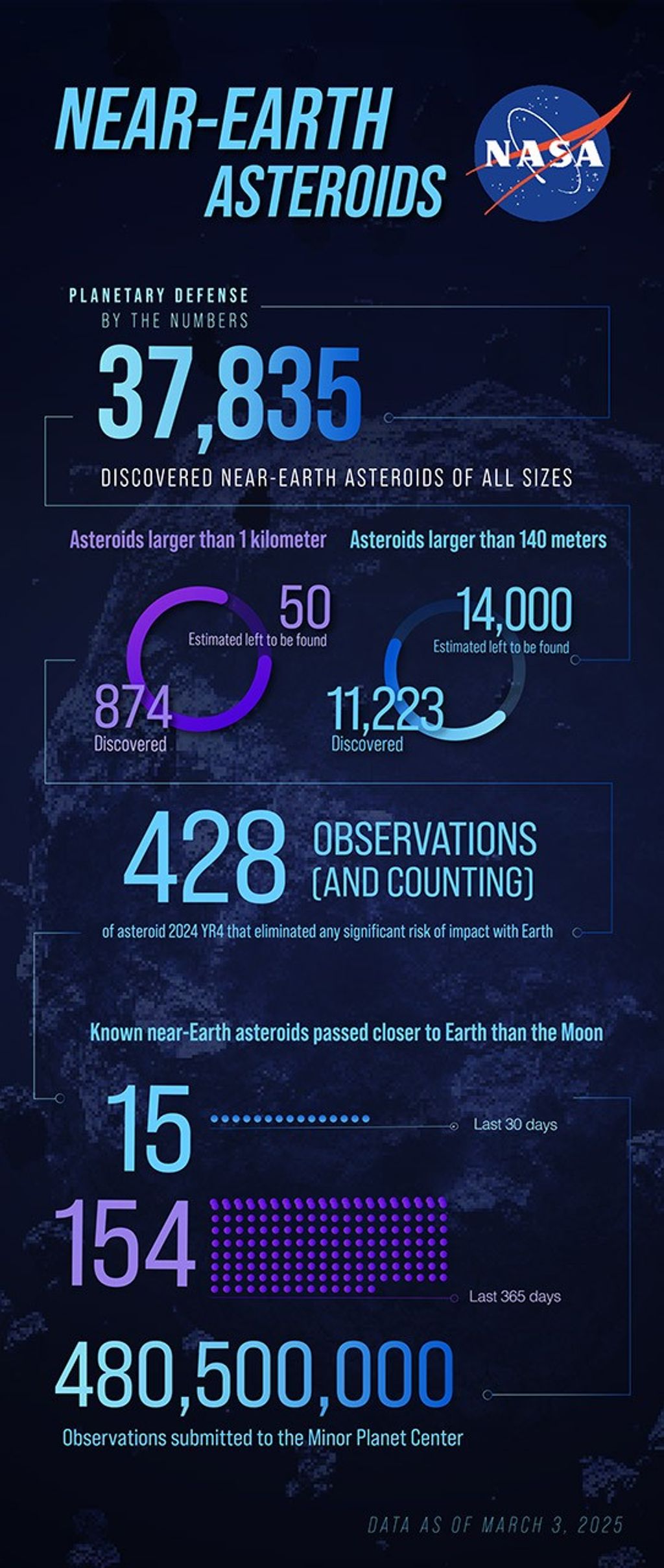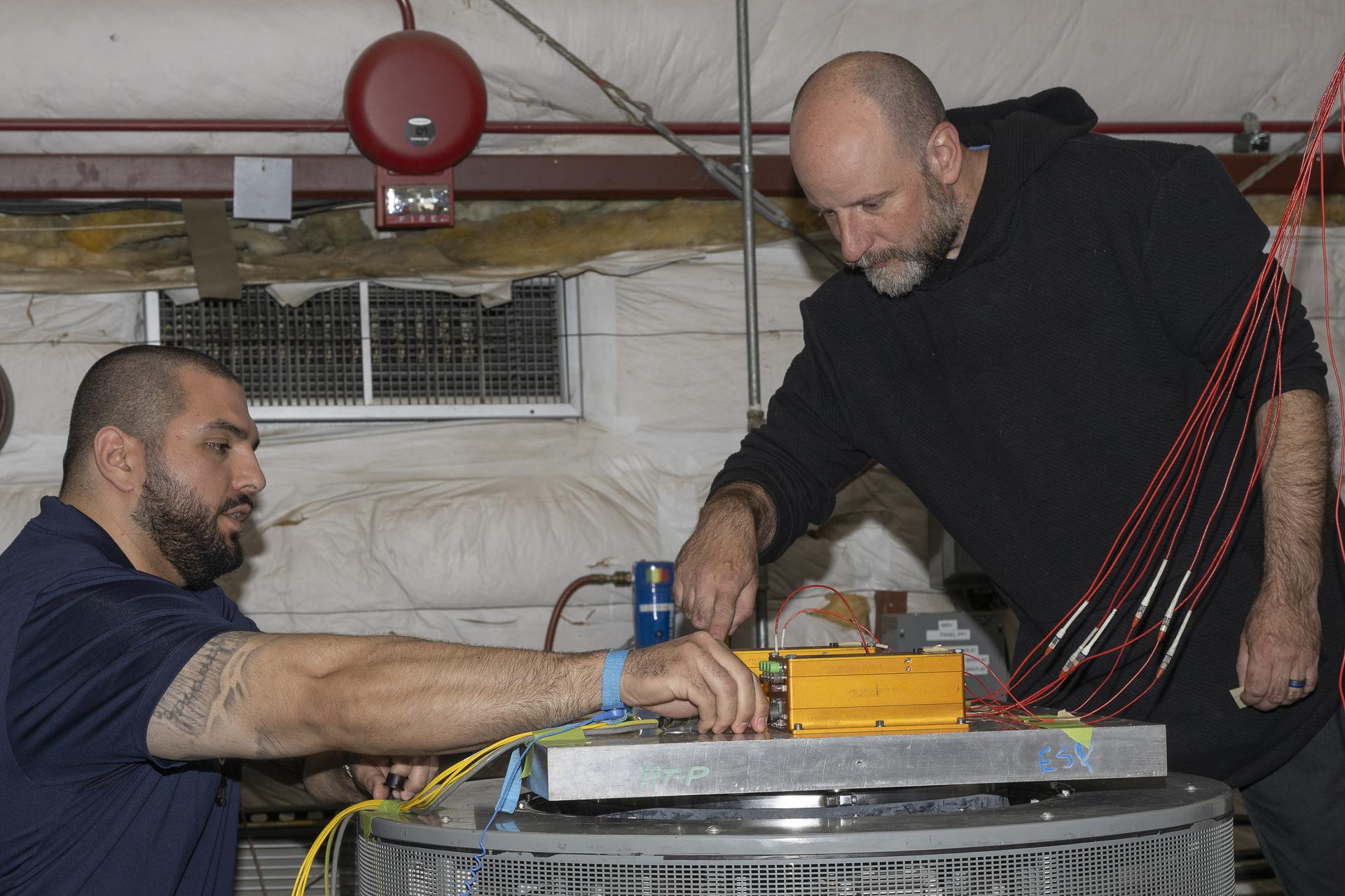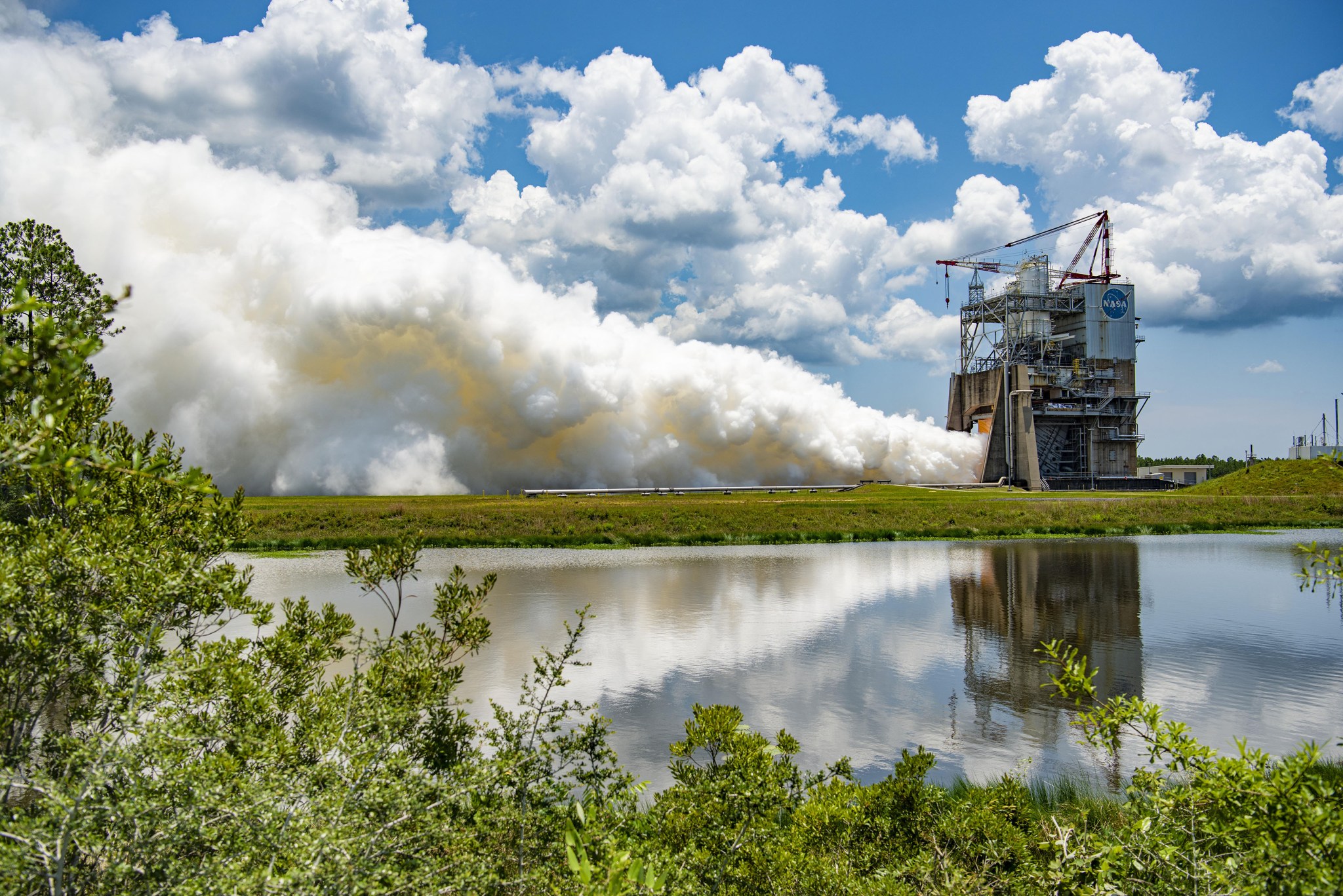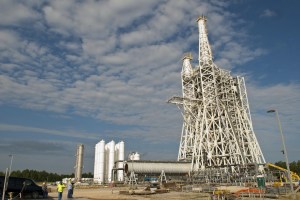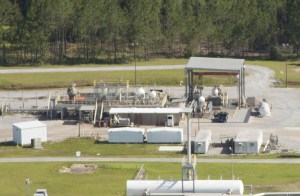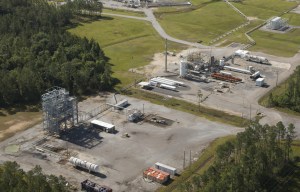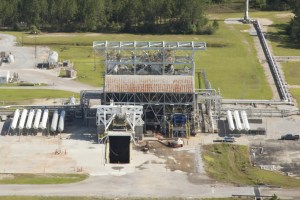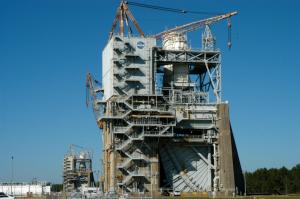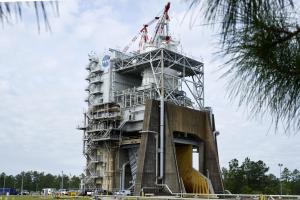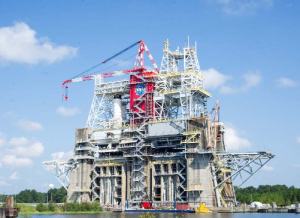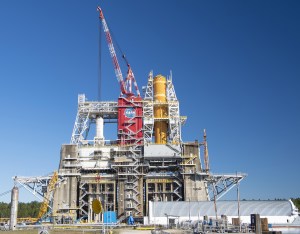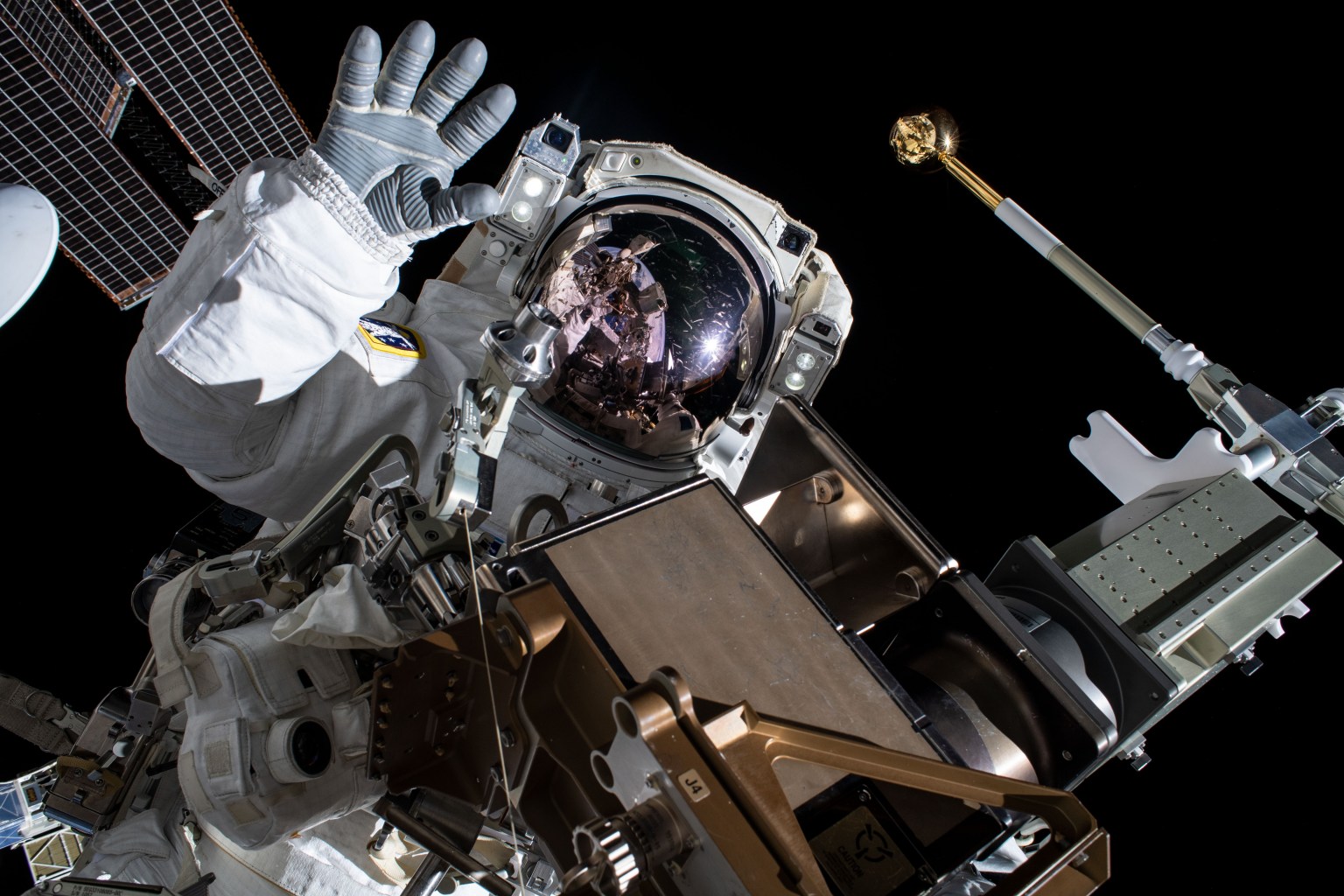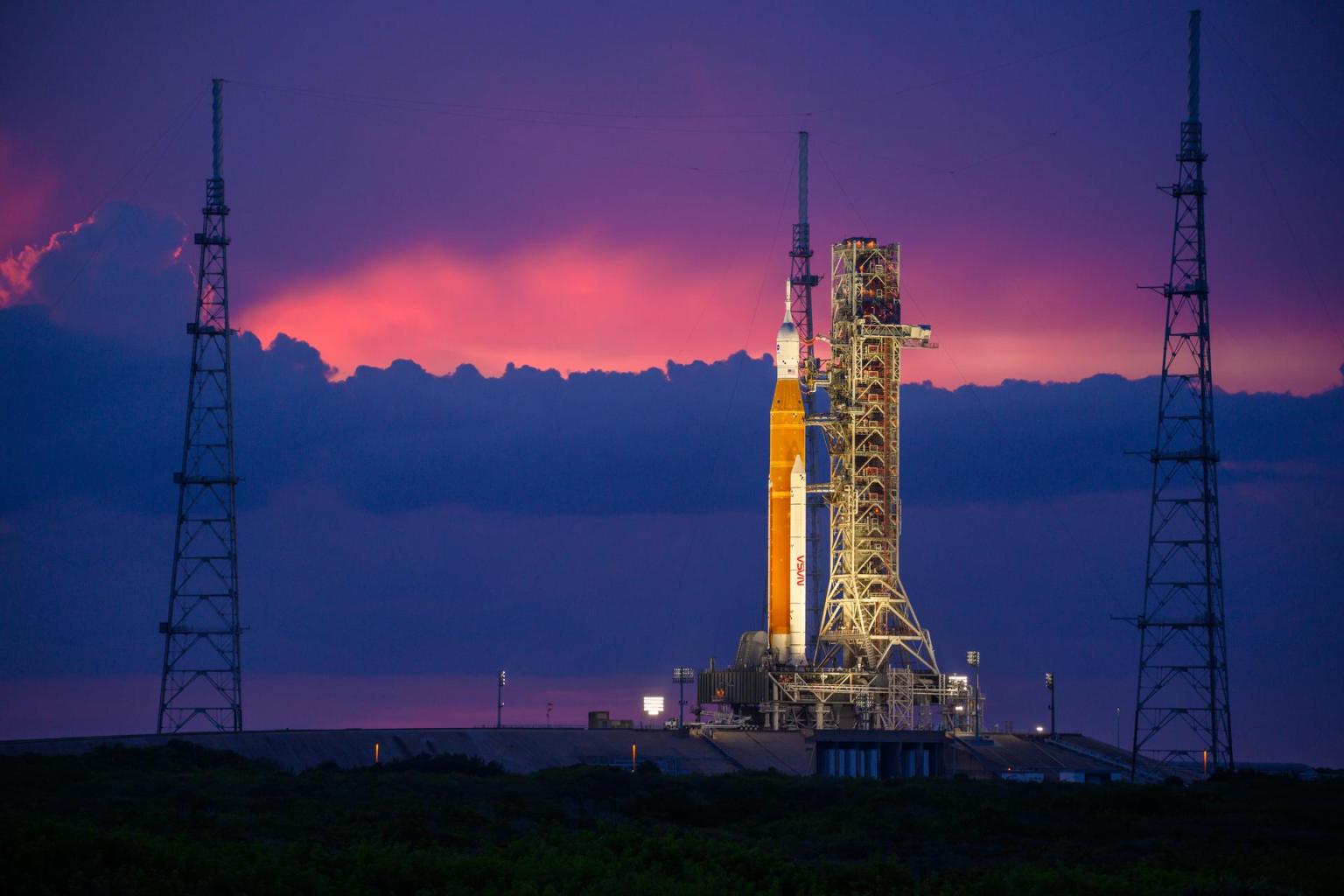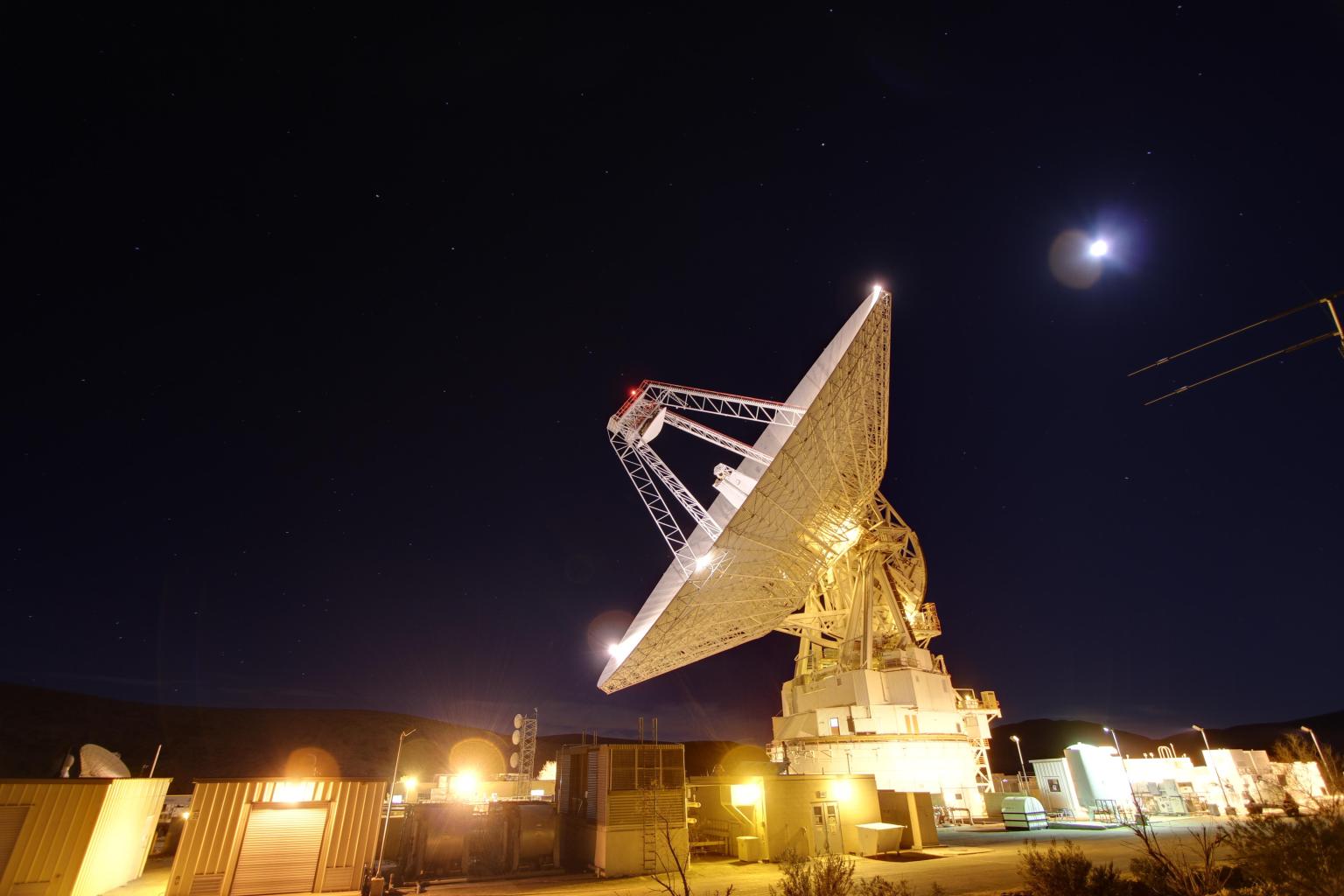Propulsion Test Capabilities
Stennis Space Center
Stennis Space Center’s (SSC) mission is to support the Human Exploration and Operations Mission Directorate (HEOMD) and the Space Technology Mission (STMD) through execution of the Center’s major line of business in rocket propulsion testing.
Overview
NASA Stennis Space Center’s history in propulsion testing stems from its primary mission, at the onset, which was to flight certify all first and second stages of the Saturn V rocket for the Apollo program. This program began with a static test firing on April 23, 1966, and continued into the early 1970s. All the engines used to boost the space shuttle into low-Earth orbit were flight certified at NASA Stennis, beginning in 1975, and on the same stands used to test fire all first and second stages of the Saturn V in the Apollo and Skylab programs.
Space shuttle main engine testing continued at NASA Stennis for 34 years, from 1975 to 2009.
Over the years, Stennis has evolved into a multidisciplinary facility comprised of NASA and more than 40 other resident agencies engaged in space and environmental programs and the national defense, including the U.S. Navy’s world-class oceanographic research community.
NASA Stennis continues to test and flight certify large thrust level engines and engine systems and also has the capability for propulsion component testing, smaller thruster and engine testing, as well as subscale testing systems for both commercial and government interests.
NASA Stennis provides component cleaning and laboratory services such as calibration and machining capabilities through NASA’s Michoud Assembly Facility located in Eastern New Orleans.
Stennis Space Center strives to deliver safe, responsive, and cost-effective propulsion test services. Through these efforts SSC is able to provide leadership in the development of programmatic and technical plans to implement test projects, provide high quality data in support of test article validation, and develop test technologies and concepts to further the science of propulsion testing.
Test Capabilities at Stennis Space Center
First RS-25 Engine Test of the New Year
NASA conducted its first RS-25 engine hot fire test of the new year on Jan. 19 on the Fred Haise Test Stand at Stennis Space Center. The test was the second hot fire in the latest series that began in mid-December.
Each test in the series is providing valuable operational data to NASA’s lead contractor, Aerojet Rocketdyne, on a variety of new engine components manufactured with state-of-the-art fabrication techniques as the company begins production of new RS-25 engines. The testing is part of NASA’s and Aerojet Rocketdyne’s effort to use advanced manufacturing methods to significantly reduce the cost and time needed to build new engines.
For the Jan. 19 test, engineers fired the RS-25 developmental engine at power levels ranging from 80 percent to 111 percent for a full duration of about eight-and-a-half minutes (500 seconds), the same amount of time the engines must fire to help propel SLS to orbit.









